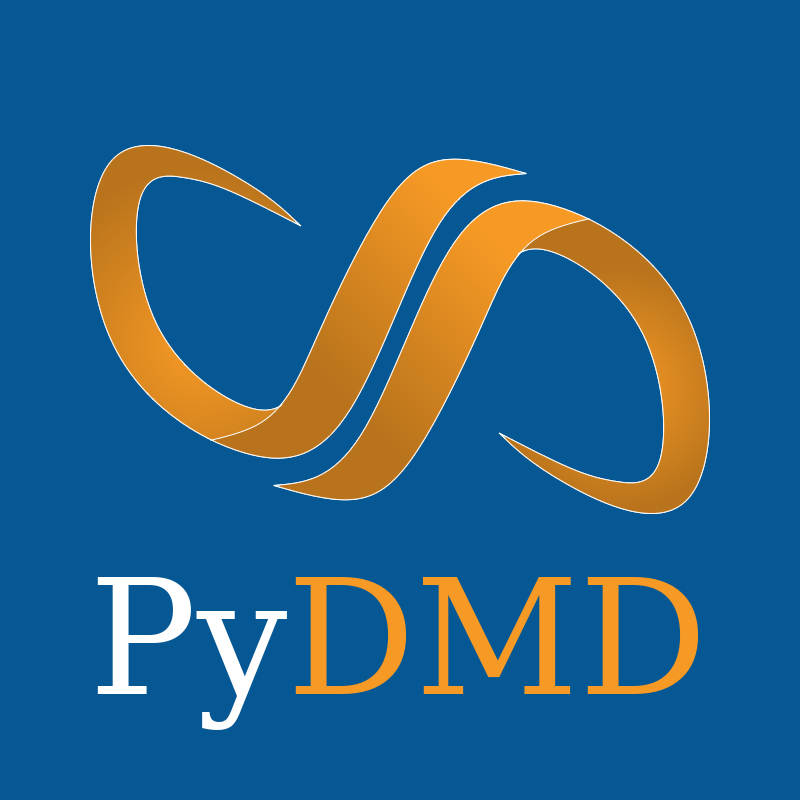Welcome! Thanks for stopping by :)

Hello! My name is Sara Ichinaga and I am a 5th year Applied Mathematics Ph.D. candidate at the University of Washington working under the supervision of Dr. J. Nathan Kutz and Dr. Steven L. Brunton.
I study, implement, and extend data-driven methods that can be used to mathematically model data sets (typically time-varying data sets, such as time-series data, video data, etc.) from various scientific and engineering fields. Our methods allow for tasks such as dimension reduction, future-state prediction, and system control, and our implementations require a variety of optimization techniques and intricate Python scripts. Hence another cornerstone of my work is the creation and development of intuitive, user-friendly, easy-to-access methods and tools that can be deployed by scientists and engineers everywhere, regardless of their background in mathematics.
I am currently looking for a postdoctoral position in data-driven mathematical science.
Email: sarami7@uw.edu
Me at a glance
News and Highlights
Here are some things that I’ve been working on recently!
PyRidge: A Dimension Reduction Python Package for NREL
I just finished a graduate summer internship at the National Renewable Energy Lab (NREL) in the Computational Science Center. During my time at NREL, I implemented PyRidge, a Python package for dimension reduction and ridge function approximation.
September 2025
Certificate in Artificial Intelligence and Machine Learning for Engineering

I am currently serving as a teaching assistant for ENGR 510 (Foundations of Machine Learning for Engineering), which is a part of a new graduate certificate program offered by the UW College of Engineering meant to equip engineers with the math and coding skills necessary to understand modern advancements in machine learning. I served as the very first TA for this course, as well as for ENGR 515 (Data-Driven Optimization) during the 2024-2025 academic year, and I am proud to be TAing once again.
September 2025
Sparse-mode DMD: A DMD Method for Disambiguating Local and Global Structures
Sparse-mode DMD is a variant of the optimized DMD algorithm that utilizes sparsity-promoting regularization of the spatial modes when searching for optimal spatiotemporal components. As a result, the algorithm is able to maintain the noise-robust capabilities of optimized DMD while simultaneously revealing mixtures of local and global spatiotemporal modes from data. A preprint of this work is now available on arXiv here.
July 2025
PyDMD: A Python Package for Dynamic Mode Decomposition

The dynamic mode decomposition (DMD) is a data-driven algorithm that takes time-varying snapshot data sets and decomposes them into their dominant spatiotemporal components. PyDMD is a Python package that implements DMD and many of the algorithm’s most notable variants. We recently revamped the package to include even more variants and features! Read about it in our JMLR paper and our longer version on arXiv. Try out the code on your own data set today!
January 2025
mrCOSTS: A Method for Discovering Spatiotemporal Components in Multiscale Data
The multi-resolution Coherent Spatio-Temporal Scale Separation (mrCOSTS) algorithm is a methodological extension of the DMD algorithm that consolidates the results of multiple DMD fits that are taken over sliding windows of data across various window sizes. The resulting algorithm is capable of decomposing noisy real-world multiscale data sets. This work has recently been accepted by PNAS! The paper is available here.
January 2025

